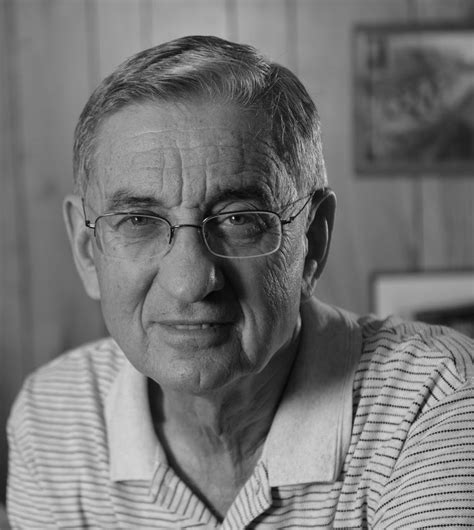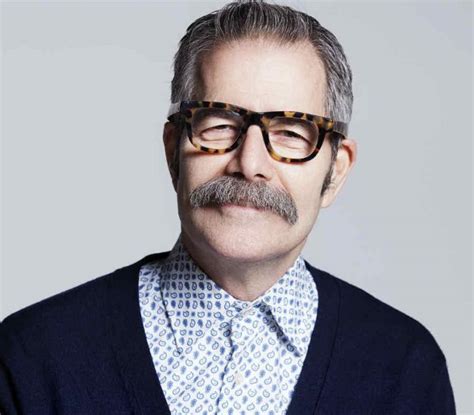A Quote by Pope Francis
An evangelizing community gets involved in word and deed in people’s daily lives; it bridges distances, it is willing to abase itself if necessary, and it embraces human life, touching the suffering flesh of Christ in others
Related Quotes
The theology of the hammer embraces wholeheartedly the idea that the love of God and love of man must be blended. The word and the deed must come together. One without the other is devoid of meaning … As the deed gets closer to the word, God gets closer to us. The results are always wonderful — and sometimes spectacular!
Society is the true sphere of human virtue. In social, active life, difficulties will perpetually be met with; restraints of many kinds will be necessary; and studying to behave right in respect of these is a discipline of the human heart, useful to others, and improving to itself. Suffering is no duty, but where it is necessary to avoid guilt, or to do good; nor pleasure a crime, but where it strengthens the influence of bad inclinations, or lessens the generous activity of virtue.
Sometimes we are tempted to be that kind of Christian who keeps the Lord’s wounds at arm’s length. Yet Jesus wants us to touch human misery, to touch the suffering flesh of others. He hopes that we will stop looking for those personal or communal niches which shelter us from the maelstrom of human misfortune and instead enter into the reality of other people’s lives and know the power of tenderness. Whenever we do so, our lives become wonderfully complicated and we experience intensely what it is to be a people, to be part of a people.
"Both Christianity and Islam are logocentric," he told his students, "meaning they are focused on the Word. In Christian tradition, the Word became flesh in the book of John: 'And the Word was made flesh, and He dwelt among us. 'Therefore, it was acceptable to depict the Word as having a human form. In Islamic tradition, however, the Word did not become flesh, and therefore the Word needs to remain in the form of a word … in most cases, calligraphic renderings of the names of the holy figures of Islam."
Becaise I love God, I want to handle his truth with accuracy, clarity, and specificity. I want to build bridges of understanding from the wisdom of the Word to the details of people's lives. And because I love people, I will not be satisfied with lobbing grenades of general truth at them. Rather, through good questions, committed listening, and careful interpretation, I will enter their world with the understanding necessary to bring Christ's help to where it is really needed.
Suffering invites us to place our hurts in larger hands. In Christ we see God suffering – for us. And calling us to share in God’s suffering love for a hurting world. The small and even overpowering pains of our lives are intimately connected with the greater pains of Christ. Our daily sorrows are anchored in a greater sorrow and therefore a larger hope.
For loving, working, and creative people to throw off the yoke of power it is necessary to abolish power itself, not merely to make the yoke comfortable. Where some have power, others do not, and the two classes persist. A free society is where all have power-power over and responsibility for their own lives, power and reason to respect the lives of others. This is also a society without classes, a society of human beings, not rulers and the ruled.
To try to stop war by placing before men's eyes the terrible suffering involved will never succeed, because men are willing (in their thoughts and imaginations at least) to face any kind of suffering when motivated by noble aims like the vague and tremendous concept of freedom ... Or, in their humility (or sloth - who knows?) men are quite willing to leave decisions to others 'who know more about it than we do.
Suffering is an oxymoron. There is unfathomable peace and satisfaction in suffering for Christ. It is as though you have searched endlessly for your purpose in life and now found it in the most unexpected place: In the death of your flesh. It is certainly a moment worth of laughter and dance. And in the end it is not suffering at all. The apostle Paul recommended that we find joy in it. Was he mad?
The Passion of Christ was an experience which included in itself every experience except sin, of every member of the human race. If one may say this with reverence, the fourteen incidents of the Stations of the Cross show not only the suffering but the Psychology of Christ. Above all, they show, in detail, his way of transforming suffering by love. He shows us, step by step, how that plan of love can be carried out by men, women, and children today, both alone in the loneliness of their individual lives and together in communion with one another.
If we take seriously the word-flesh Christology of Chalcedon (i.e., the doctrine that Christ is fully human and fully divine) and view Christ as the telos toward which God is drawing the whole of creation, then any view of the sciences that leaves Christ out of the picture must be seen as fundamentally deficient.
Human life is precious, sublime and meaningful. But by involvement in purely worldly pursuits, the greatness of human birth is forgotten. Without human values, life is meaningless. When there is purity in thought, word and deed, human values are practised. The unity of the three H's is essential. 'Heart, Head and Hand. ' But today this unity is absent among people, with the result that men are becoming inhuman.


































